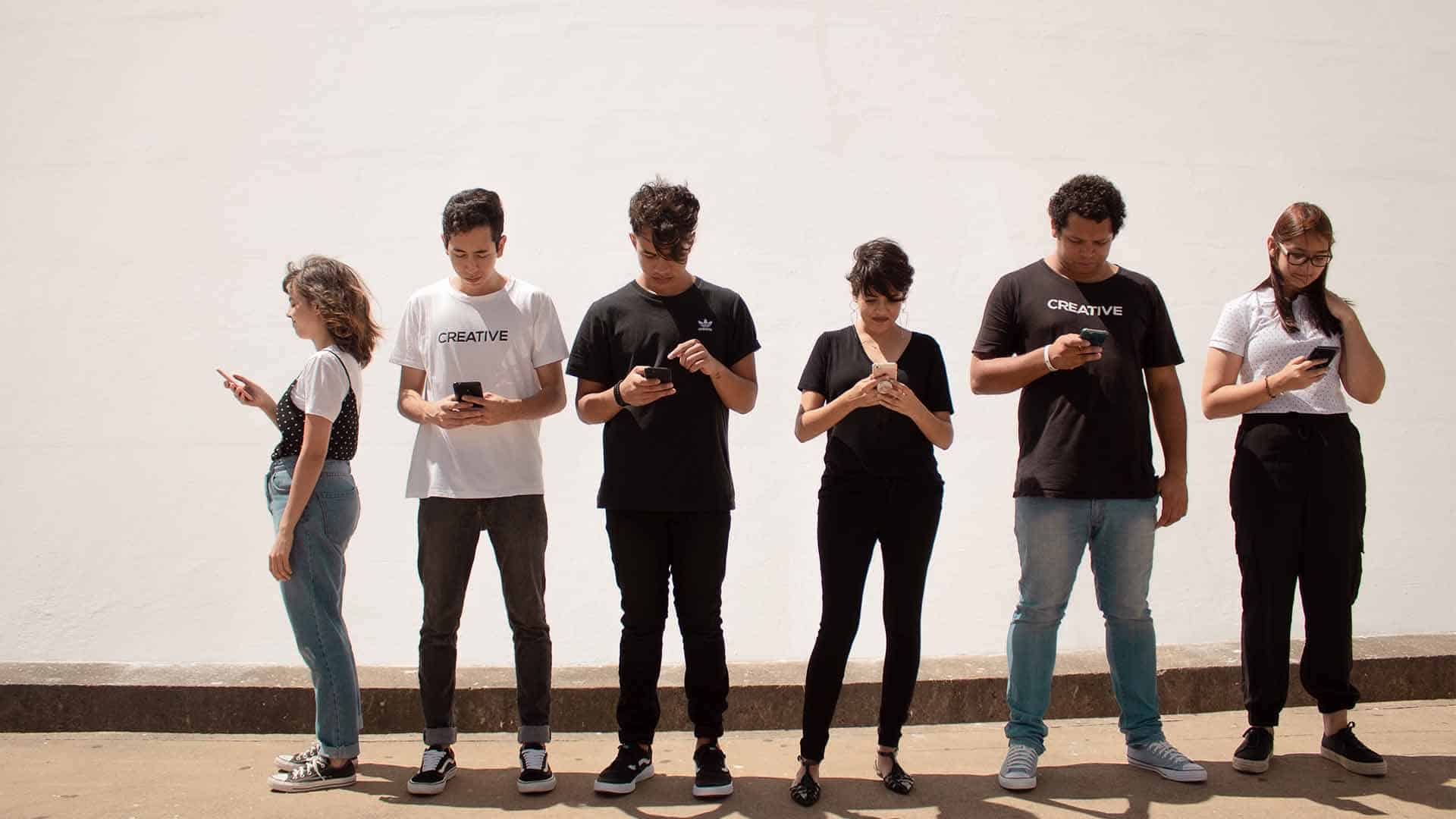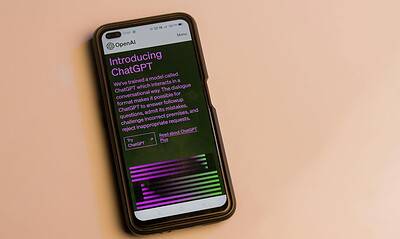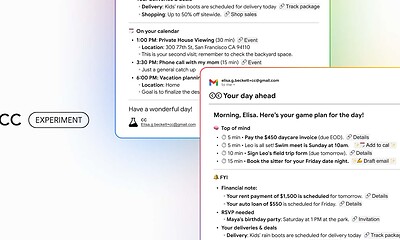AI
Study shows 72% US teens have tried AI companions
Boys were slightly more likely than girls to say they had never tried one.

Just a heads up, if you buy something through our links, we may get a small share of the sale. It’s one of the ways we keep the lights on here. Click here for more.
A new study by Common Sense Media reveals that AI companions, chatbots designed for personal conversations, are becoming a regular part of many US teens’ lives.
These AI companions differ from tools like Siri or ChatGPT used solely for homework or tasks; instead, they’re often used for deeper, more emotional or social interactions.
Think apps like Replika or Character.AI, but also general-purpose chatbots used in a personal way.
The study, conducted in spring 2025 with over 1,000 teens aged 13 to 17, found that 72% of teens have tried chatting with an AI companion, and 52% now use them regularly.
Of those regular users, 13% talk to them daily, and 21% do so a few times a week. Interestingly, boys were slightly more likely than girls to say they had never tried one.
Why are teens drawn to these AI companions? For many, it’s about curiosity or entertainment. Some use them for advice or emotional support because they’re always available. (Via: TechCrunch)
Others see them as practice partners for real-life social interactions, like working on conversation skills, giving advice, or learning to express emotions.
However, trust in these AI tools is mixed. Half of the teens said they don’t fully trust the information these bots provide, especially older teens (ages 15–17), who are more skeptical than their younger peers.
While one-third of teens said they find AI chats more satisfying than talking to real friends, most still prefer real-world connections.
Importantly, the study found that AI use doesn’t seem to be replacing real friendships for most teens. 80% said they spend more time with actual friends than with AI. Only 6% said the opposite.
Still, there are concerns. Some companies that make AI companions are facing legal trouble, raising questions about the emotional risks involved.
But overall, this research offers a first look at how today’s teens are blending technology with personal interaction, sometimes for fun, sometimes for growth, and sometimes for support.
Do you think AI companions can be a healthy tool for teens to practice social skills and get support? Or are you concerned about the potential emotional risks of forming attachments to AI? Tell us below in the comments, or reach us via our Twitter or Facebook.































